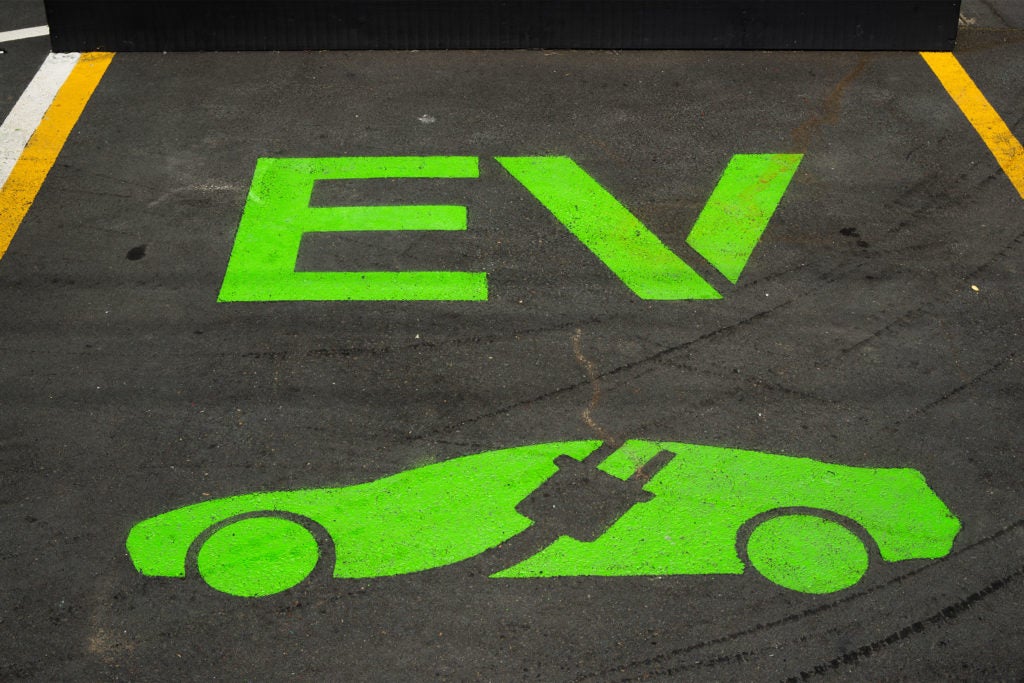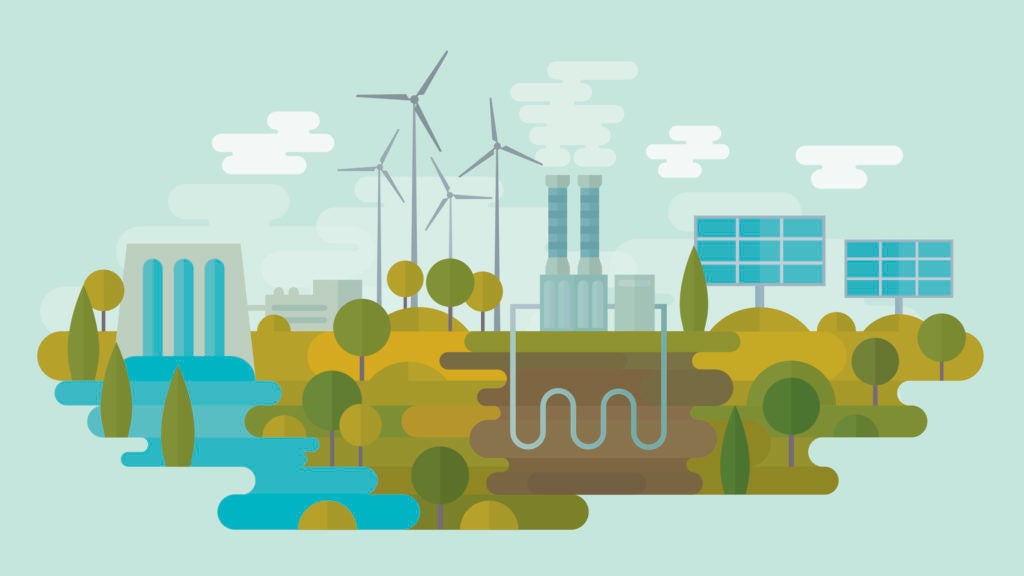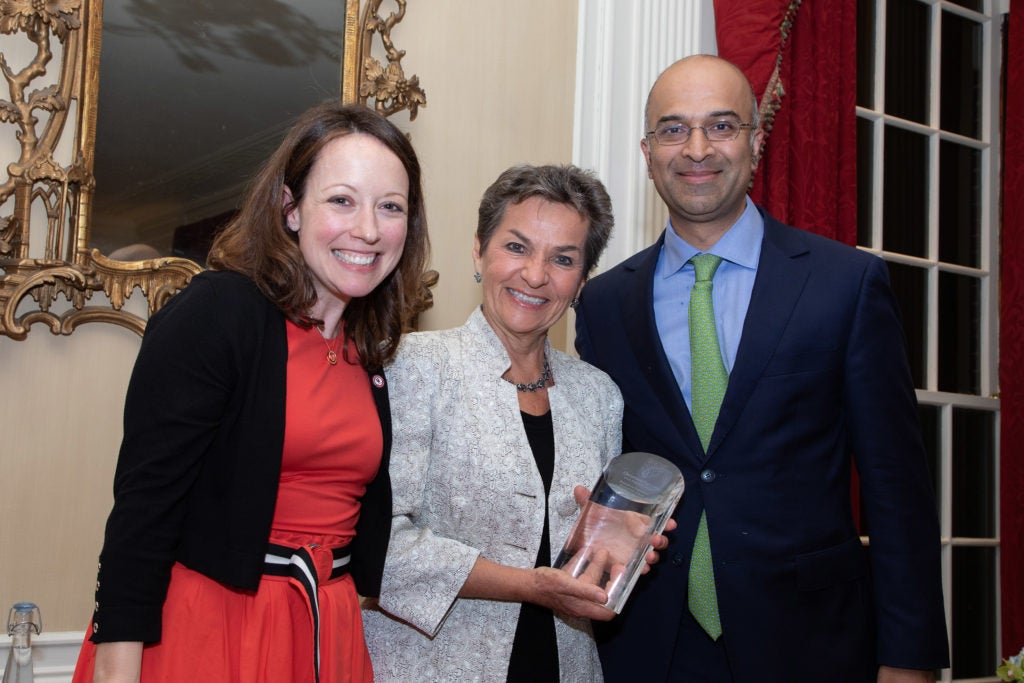Harvard Law students, scholars, clinics, and programs work throughout the year to address some our most pressing environmental issues. On Earth Day, we highlight some of their research and projects.
Harvard Law students track environmental laws and regulations across administrations

Harvard Law School’s Environmental and Energy Law Program’s (EELP) regulatory tracker is an invaluable resource for journalists, policymakers, advocates, and legislators — as well as a learning tool that gives its first-year law students hands-on experience with the real-world application of energy and environmental regulation.
“The regulatory tracker work has expanded my horizons as I think about the ways that I’ll be able to use my legal skill set in the environmental space.”
— Kipper Berven ’24
CleanLaw Podcast: Jody Freeman and Richard Lazarus on West Virginia v. EPA, What’s Next?
Harvard Law Professors Jody Freeman LL.M. ’91 S.J.D. ’95 and Richard Lazarus ’79 discuss the Supreme Court case West Virginia v. EPA. The Court’s decision in this case will address the scope of EPA’s authority to regulate greenhouse gas emissions from the power sector, potentially impacting future EPA rules.
“We don’t have forever to wait to bring down these emissions. We need to as quickly as possible, and a loss in the Supreme Court would hurt that.”
—Richard Lazarus ’79
Current electric vehicles subsidies fail to reduce overall emissions, says Harvard Law study

A new study led by Ashley Nunes, Ph.D., a fellow at Harvard Law School’s Labor and Worklife Program, says that because many buyers of new EVs — usually more affluent households — don’t use them as their primary vehicle nor keep them for very long, the miles driven by the car’s subsequent owners are necessary to attain an overall reduction in emissions.
By subsidizing richer households and not secondhand buyers, we are rewarding those who aren’t always helping to reach emissions targets, while ignoring those who actually do. It’s a situation that is both unfair and detrimental to our climate goals.”
—Ashley Nunes
Electric slide

How the Emmett Environmental Law & Policy Clinic at Harvard Law School is helping Massachusetts cities and towns lead the country to reach net zero by 2050.
“It’s exciting because it allowed us and our clients to be really creative and forward-thinking in drafting the law. We got to speak with a lot of legislators and leaders in the energy sector, and Massachusetts has an opportunity to lead the way for other states that are inevitably thinking about transitioning to geothermal and other renewable energy sources as well.”
—Ytran Hoang ’22
Figueres receives 2022 Great Negotiator award at HLS

On April 14, Christiana Figueres received the Great Negotiator Award, an honor bestowed each year by the Program on Negotiation at Harvard Law School. Figueres, former executive secretary of the United Nations Framework Convention on Climate Change, was an architect of the 2015 Paris Agreement.
“Climate change is something we have all collectively caused. Therefore, it is something we have to all collectively do something about.”
— Christina Figueres
